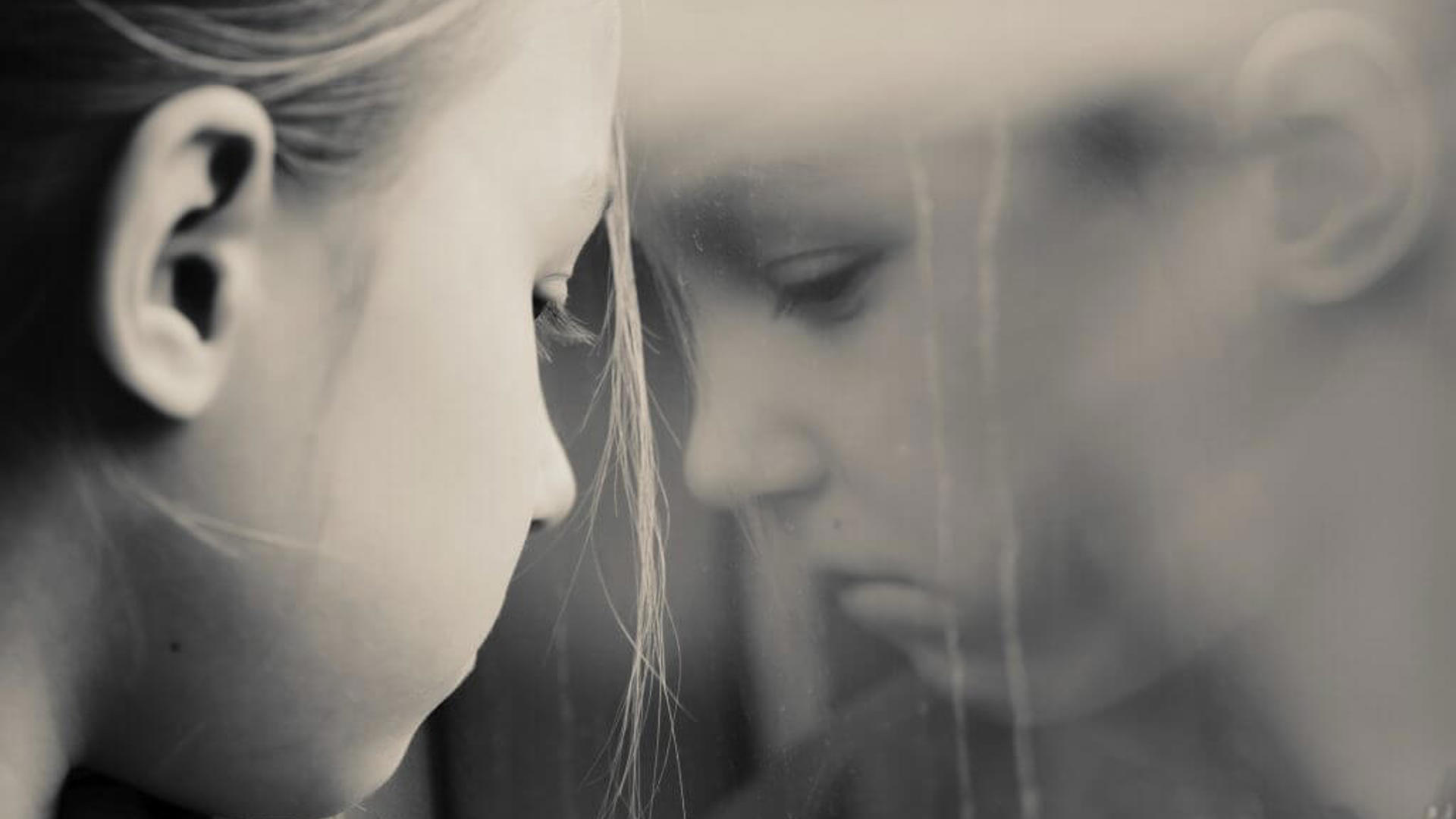
Emotional and mental wellness must be a human right

Prof Sarah Niblock
Written by Prof Sarah Niblock, UKCP Chief Executive
If you were glued to the Liverpool FC match against Roma last night, you can’t have missed the roar of the 54,000 supporters at the Anfield ground.
Yet more than ten times that number of children are living with mental health issues right now. Imagine how many football stadia they would fill? And yet the silence around them is deafening.
The sheer scale of the mental health crisis afflicting five-to-17 years olds was laid bare in a report by the Children’s Commissioner for England, Anne Longfield, who will be opening UKCP’s conference Minding the Gap in Children’s Mental Health on Saturday.
It’s only the tip of the iceberg of the true scale of the crisis, she warns, as so many children and young people who are suffering or in need slip through the net and aren’t on any care radars.
Launching her report last year, Anne said: “We can trace in minute detail the academic progress of a child from four to 18 and beyond, but when it comes to describing and assessing the scale of negative factors in a child’s life which will hamper their progress, we are floundering.”
Anne’s presentation to our eminent psychotherapists and psychotherapeutic counsellors on Saturday could not be more timely, chiming as it does very much with UKCP’s new vision and ambition.
The UKCP wants a world where emotional and mental wellness is a human right. In setting this vision, we align ourselves with the World Health Organisation’s own constitution which stresses, among many other guiding principles, that social wellbeing goes hand in hand with mental and physical health.
Our organisation trains and educates psychotherapists and psychotherapeutic counsellors to work with children and families in broad and distinct modes of work. But we set very high value on integrating all this expertise in joined-up, world-leading work across education, health and social care.
The Children’s Commissioner will hear the breadth of expertise of our high-qualified members and the sheer range of settings in which our therapists operate, including schools, youth groups and other community settings.
While the Government’s ambitiously titled ‘Transforming Children and Young People’s Mental Health Provision’ Green Paper proposes rolling out training for ‘one person’ school-based mental health coordinators by 2023, we already have the most-highly skilled 8,000+ workforce available to take on this most precious and complex role.
We do not believe that a one-size approach fits all. Giving too little of the wrong intervention or over medicalising could in itself add to the escalation of the crisis we currently find ourselves in. It takes considerable skill and expertise to respond to the most severe mental health needs of children and young people. Delivering potent early preventative support is no less skillful, and this is where our therapists should be called upon to work with experts across other disciplines in creating a ‘rights-based’ society.
Certainly, we know that our therapies are working and making a real difference to the lives of children and young people, their parents, carers and to wider society.
In thinking of children and young people, we must also devote thought to the staff working in those settings where levels of stress are also unprecedented.
There is much current media focus on the impact of austerity on the mental health of adults and by extension children and young people growing up within these families and communities. To work at finding a ‘cure’ without acknowledging the contextual causes will always miss important catalysts for healing.
Click here for more information on the Minding the Gap in Children’s Mental Health.
Share
Like most websites, we use cookies. If this is okay with you, please close this message or read more about your options.

